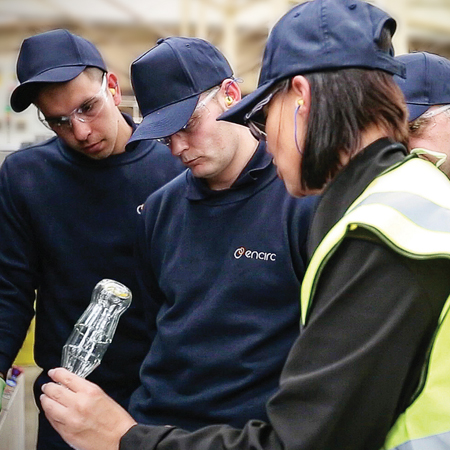We will contribute towards a learning and development culture, enabling us to achieve success and reach our full potential. We will be transparent and honest about the decisions we make and the challenges we face. We will seek to collectively build our capabilities to deal with these challenges and the diverse needs of the organisation. We will embrace feedback and promote a coaching culture. We will have a genuine commitment to continuous learning.
Why is it important?
Collectively engaging in people commitment and development is integral to building Encirc’s capability for a better future.


